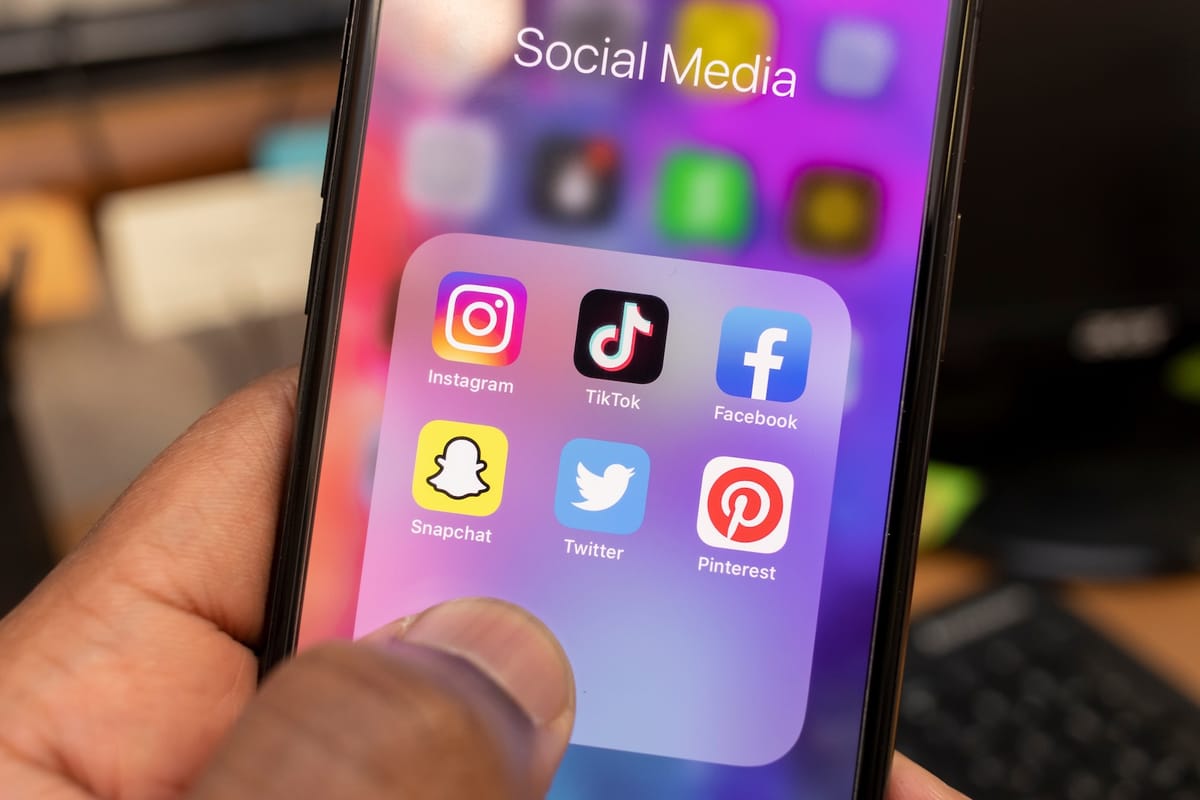

A Strong Stand Against Online Exploitation
The House of Representatives took a decisive step this week to protect Americans from the growing threat of deepfake and revenge pornography. With an overwhelming 409-2 vote, the Take It Down Act was passed, criminalizing the nonconsensual sharing of sexually explicit images, including those created using artificial intelligence. This bipartisan legislation, backed by First Lady Melania Trump, now awaits President Donald Trump's signature, which he has promised to provide.
Legislation Details and Support
The Take It Down Act, formally known as the Tools to Address Known Exploitation by Immobilizing Technological Deepfakes on Websites and Networks, requires online platforms to remove nonconsensual intimate imagery within 48 hours of a victim's request. Introduced in the Senate by Senator Ted Cruz and co-sponsored by Senator Amy Klobuchar, the bill passed unanimously in the Senate in February. First Lady Melania Trump has been a vocal advocate, emphasizing its importance for safeguarding vulnerable individuals, particularly young women and teens.
'This legislation is essential for addressing the growing concerns related to online safety, protecting individual rights, and promoting a healthier digital environment,' Melania Trump said during a March 3 roundtable on Capitol Hill. Her involvement, including hosting discussions with lawmakers and survivors, has been pivotal in pushing the bill forward. The legislation also garnered support from major tech companies like Meta, Snap, and Google, as well as organizations such as the National Center for Missing and Exploited Children.
Real Victims, Real Impact
The bill was inspired by stories like that of Elliston Berry, a Texas teenager who faced deepfake abuse at 14. Berry shared her experience at the March roundtable, describing the emotional toll of discovering fake explicit images of herself circulated online. 'Fear, shock, and disgust were just some of the many emotions I felt,' she said. Her story underscored the urgency of the legislation, as victims often struggle to have such content removed without federal protections.
Senator Cruz highlighted the bill's significance, stating, 'The passage of the Take It Down Act is a historic win in the fight to protect victims of revenge porn and deepfake abuse.' The legislation addresses a gap in existing laws, as many states have varying protections, and federal law previously lacked specific measures against AI-generated explicit content. By establishing clear penalties, including fines and imprisonment, the bill aims to deter offenders and provide justice for victims.
A Unified Congressional Effort
The Take It Down Act represents a rare moment of bipartisan unity in Congress. Representatives Maria Salazar and Madeleine Dean led the House companion bill, which passed the House Energy and Commerce Committee nearly unanimously earlier in April. Only Representatives Thomas Massie and Eric Burlison voted against the measure. President Trump, who mentioned the bill during his March address to Congress, has expressed eagerness to sign it into law, reinforcing his administration's commitment to protecting Americans from online harm.
'By safeguarding children from hurtful online behavior today, we take a vital step in nurturing our leaders of tomorrow,' Melania Trump wrote on X, tying the legislation to her Be Best initiative focused on children's well-being. The bill's passage marks a significant achievement for the Trump administration, aligning with its priority to strengthen digital safety and individual rights.
Dues are $12 per year. Member benefits:
✅ Ad-Free Website Viewing
✅ Advocacy for Republican Seniors
✅ 120+ Senior Discounts
✅ Member Only Newsletters